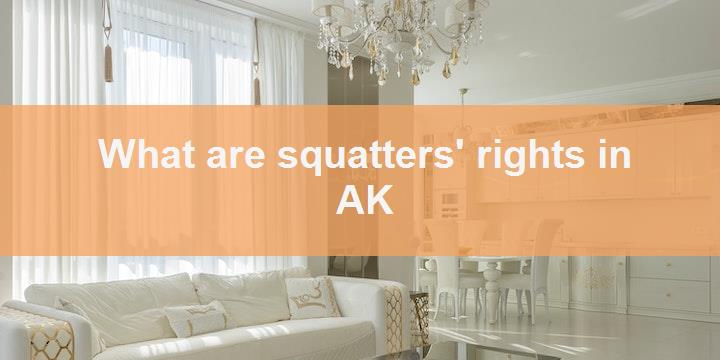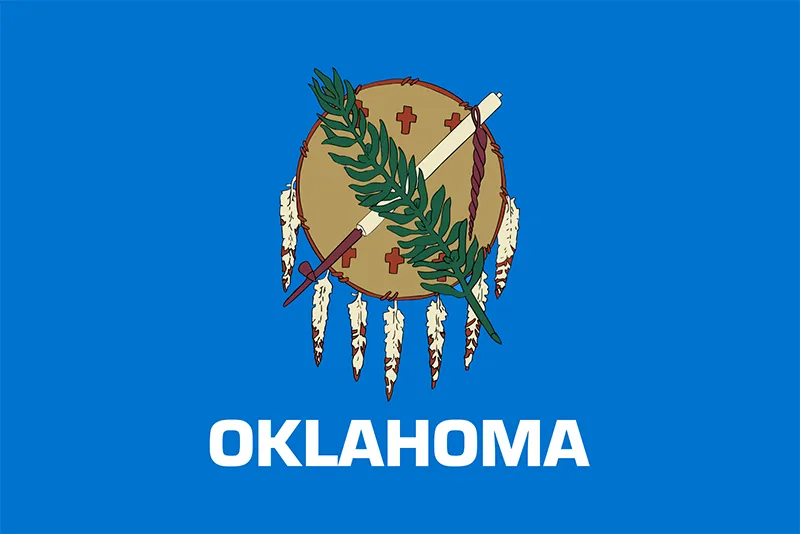Squatters are individuals who occupy an abandoned or unoccupied property without the owner’s permission. In South Carolina, squatters may have legal rights if certain conditions are met. However, these rights are still not well-defined or established in the state’s laws. This article aims to provide a comprehensive overview of what squatters rights are in South Carolina and what the state regulations entail. We will also explore the potential risks and legal consequences for both the occupants and the property owners if these rights are invoked, offering valuable insights into this complex and multifaceted topic.
Squatters rights in South Carolina refer to legal provisions that protect individuals who occupy a property without a legal agreement or title. Notably, one of the most important things to understand about squatters rights in South Carolina is that they are not recognized, and squatting is considered an illegal activity. Any person who occupies another person’s property without permission risks being penalized by the law. Secondly, for squatters to claim adverse possession in South Carolina, they must meet specific conditions, such as occupying or using the property for at least ten years, paying taxes and fulfilling other obligations, and having no other legal rights or claims to the property. Overall, it is vital to seek legal advice before engaging in any squatting activities in South Carolina.
What is the squatting/squatter?
Squatting refers to the act of occupying abandoned or unused properties, usually without the owner’s permission. Squatters, therefore, are people who settle or live in such properties, often temporarily, and sometimes as a means of protesting against unjust and unfair housing systems. In most cases, squatters are homeless, low-income earners, or individuals who cannot afford to pay rent. Squatting can be seen as a form of activism, especially when it is done with the aim of highlighting the lack of affordable and secure housing. While squatting is illegal in many parts of the world, some countries have laws that recognize the rights of squatters and even provide legal protection for them.
What is an example of a squatter?
A squatter is someone who occupies a piece of land or property without the owner’s permission. An example of a squatter is someone who sets up camp in an abandoned house, a vacant lot or even a park. These types of individuals are usually looking for a place to call home, but they do not have the resources or means to purchase or rent their own living space. Squatters often live in poverty and face legal consequences for trespassing, but some people may see them as a form of social activism or resistance to the status quo. However, it is important to note that squatting is illegal in most places, and individuals who engage in this activity may face legal consequences.
What is Adverse possession in South Carolina?
Adverse possession in South Carolina is a legal concept that allows a person to claim ownership of someone else’s property after occupying and using it for a certain period of time without the owner’s permission. The law recognizes adverse possession as a way of resolving disputes and promoting the efficient use of land, but it imposes strict requirements for a successful claim. In South Carolina, adverse possession requires occupation of the land for 20 years or more, open and notorious use of the land, and a claim of exclusive ownership by the adverse possessor. The claimant must also show that they have paid property taxes on the land, and their possession was without the owner’s consent. If a person meets all requirements, they may file for adverse possession and may be granted legal ownership of the property in question. However, it is important to note that the process is complex, and anyone seeking adverse possession should consult with a real estate attorney.
Is it legal to squat in South Carolina?
As a general rule, squatting in South Carolina is illegal. Squatting refers to the act of occupying an abandoned or unoccupied property without the owner’s consent. Under South Carolina law, this is considered trespassing, and trespassing is illegal. If you are caught squatting in South Carolina, you can be arrested and charged with a misdemeanor offense. There are exceptions to this rule, such as if you have obtained permission from the owner to occupy the property or if the property in question is considered a public space. However, in most cases, squatting in South Carolina is not legal, and you should avoid doing it to avoid any legal consequences.
Can police remove squatters in South Carolina?
In South Carolina, police have the authority to remove squatters who are occupying a property that they do not have a legal right to be in. However, while officers can intervene in cases of trespassing, it is important to note that the legal process of eviction must still be followed. This means that property owners must obtain a court order for eviction before police can legally remove squatters from their premises. During such an eviction, police may be called upon to keep the peace and ensure that the eviction is carried out safely and without incident. Ultimately, the law in South Carolina allows for the removal of squatters, but property owners must follow the legal process to ensure that their rights are protected and the eviction goes smoothly.
How to evict squatter in South Carolina?
If you have a squatter living in your property in South Carolina, you can take legal action to evict them. The first step is to provide a written notice to the squatter, informing them that they must vacate the property within a specific time frame. If they do not comply with the notice, you can file an eviction lawsuit and obtain a court order to force them to leave. In South Carolina, squatters have very limited rights and cannot claim ownership of the property without your permission. However, the eviction process can be difficult and time-consuming, so it is recommended that you seek the assistance of a licensed attorney who can guide you through the legal process to ensure a successful outcome.
FAQ
Q: What are squatters rights?
A: Squatters rights refer to legal rights acquired by someone who has been living on a property without the owner’s permission.
Q: Do squatters have any legal rights in South Carolina?
A: No, South Carolina does not recognize squatters’ rights. Anyone living on a property without the owner’s permission is breaking the law and can be subject to legal action.
Q: How long does someone have to live on a property to claim it under squatters rights?
A: There is no specific time period that guarantees squatters rights. It is important to note that in South Carolina, squatting is illegal.
Q: Can a property owner evict a squatter?
A: Yes, a property owner has the legal right to evict a squatter through the court system. It is important to follow all legal procedures when evicting a squatter to avoid any legal consequences.
Q: What should property owners do to prevent squatters?
A: Property owners should take steps such as securing their property with locks, fencing, and surveillance systems. It is also advisable to regularly inspect the property to ensure that no one is living there without permission.
Also Reading




